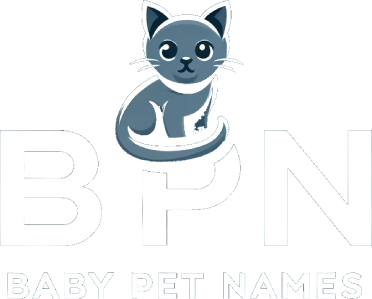Introduction
Indian Penal Code (IPC) Section 294 deals with obscene acts and songs. This section aims to maintain public decency and morality by penalizing individuals who engage in offensive behavior in public spaces. In this article, we will discuss the intricacies of IPC 294, focusing on cases related to obscenity.
Understanding IPC 294
IPC 294 is a crucial provision in the Indian legal system that covers a wide range of actions that are deemed obscene or offensive. The section reads as follows:
“Obscene acts and songs.—Whoever, to the annoyance of others—does any obscene act in any public place, or sings, recites or utters any obscene song, ballad or words, in or near any public place, shall be punished with imprisonment of either description for a term which may extend to three months, or with fine, or with both.”
Key Elements of IPC 294
- Obscene Acts: Engaging in any behavior that is considered lewd or offensive in a public setting.
- Obscene Songs: Singing, reciting, or uttering any song, ballad, or words that are of an explicit or offensive nature.
- Annoyance of Others: The actions must cause annoyance or discomfort to those present in the public space.
Landmark Cases under IPC 294
- Ranjit D. Udeshi vs. State Of Maharashtra: In this case, the Supreme Court clarified the definition of obscenity and upheld the provisions of IPC 294 to maintain public morality.
- Samaresh Bose vs. Amal Mitra: This case highlighted the importance of upholding decency in public spaces and penalizing individuals for obscene actions or words.
- State of Andhra Pradesh vs. P. Hymavathi: The court ruled in favor of enforcing IPC 294 to prevent the dissemination of obscene content in society.
Penalties under IPC 294
Individuals found guilty of violating IPC 294 can face the following penalties:
– Imprisonment for up to three months
– Fine
– Both imprisonment and fine
Challenges in Prosecuting IPC 294 Cases
Enforcing IPC 294 can be challenging due to the subjective nature of obscenity. What may be deemed offensive by one person may not be considered objectionable by another. Hence, prosecutors must establish that the actions or words in question meet the legal threshold of obscenity.
Preventive Measures
To avoid legal repercussions under IPC 294, individuals should:
– Refrain from engaging in offensive behavior in public places
– Be mindful of their words and actions to prevent causing annoyance to others
– Respect societal norms and values while expressing themselves in public
Conclusion
IPC 294 serves as a crucial deterrent against obscenity and offensive behavior in public spaces. By understanding the provisions of this section and adhering to societal norms, individuals can contribute to maintaining public decency and morality.
Frequently Asked Questions (FAQs)
-
What constitutes an “obscene act” under IPC 294?
An obscene act refers to behavior that is lewd, offensive, or sexually explicit in nature and is performed in a public setting. -
Can an individual be charged under IPC 294 for private acts?
IPC 294 specifically pertains to acts and words in public places that cause annoyance to others. Private acts are not covered under this section. -
How can one defend against allegations of committing an obscene act under IPC 294?
A defense could involve proving that the behavior or words in question were not intended to be offensive or that they did not meet the threshold of obscenity outlined in the law. -
Are there any exceptions to IPC 294 for artistic expressions or performances?
While artistic expressions are generally protected under freedom of speech, acts or words that cross the line into obscenity may still be punishable under IPC 294. -
Can IPC 294 cases be settled out of court?
In some instances, parties may choose to settle obscenity cases outside of court through mutual agreement or mediation. However, the final decision rests with the judicial system. -
What is the role of intent in prosecuting IPC 294 cases?
Intent plays a crucial role in determining guilt under IPC 294. Prosecutors must demonstrate that the accused intentionally engaged in obscene acts or words to the annoyance of others. -
Is IPC 294 a bailable offense?
In most cases, IPC 294 is a bailable offense, allowing the accused to seek bail while awaiting trial proceedings. -
Can IPC 294 cases be filed based on anonymous complaints?
While anonymous complaints can trigger investigations, the prosecution may require concrete evidence to support the allegations before proceeding with a case under IPC 294. -
Are there any specific guidelines for law enforcement agencies to handle IPC 294 cases?
Law enforcement agencies are expected to investigate complaints under IPC 294 diligently, ensuring that due process is followed and evidence is gathered to support the charges. -
How can individuals report instances of obscenity in public places under IPC 294?
Individuals witnessing obscene acts or words in public places can report them to the nearest police station or law enforcement authorities. Providing specific details and evidence can aid in the investigation and prosecution of such cases.
